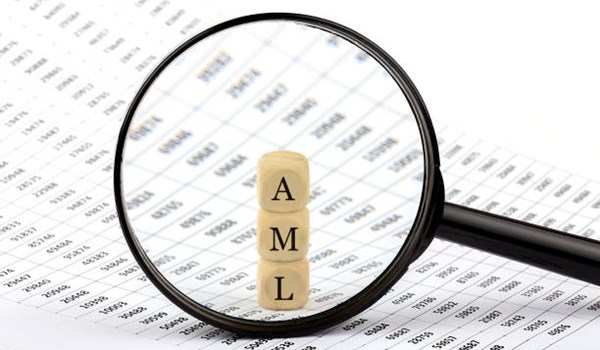Chinese local governments quietly sold off seized crypto using private firms via offshore exchanges, converting proceeds into yuan despite a national trading ban.
Over US$400M in assets were liquidated through vendors like Shenzhen-based Jiafenxiang for cities such as Xuzhou and Taizhou, amid unclear regulations.
Lawyers urged the central bank to take control, warning the legal grey area invites corruption and hinders the creation of a formal national crypto reserve.
China’s stash of seized cryptocurrencies keeps on growing, but local governments are quietly selling it off using private firms to liquidate the confiscated assets, then turning them into yuan, often through offshore channels.
All of this, of course, despite the country’s sweeping ban on crypto trading, according to a report from Reuters.
Offshore Business
In some regions, seized crypto has become a key revenue source, but the private companies managing their liquidation operate in a regulatory vacuum.
As per Sun Jun, a crypto-focused lawyer at Shanghai Landing Law Offices, this is “a highly profitable business that attracts more and more participants”, he said, and called for clearer rules on the property status of digital assets and formal vetting of third-party vendors.
Advertisement
With third-party vendors, Jun is talking about the growing tension that results from courts and law enforcement seizing Bitcoin and other tokens as part of criminal investigations, but the state still doesn’t recognise cryptocurrencies as legal assets. That legal contradiction has forced local officials to improvise. That means, to lean on third-party companies to convert the assets.
According to documents seen by Reuters, companies like Shenzhen-based Jiafenxiang have facilitated the sale of over 3 billion yuan, which is over US$400M (AU$640M) in crypto assets on offshore exchanges on behalf of cities including Xuzhou, Hua’an, and Taizhou. The resulting US dollars are then exchanged back into yuan through Chinese banks and funneled into local finance bureaus.
As Crypto News Australia reported, China and Russia have begun using Bitcoin to circumvent sanctions in oil trades, as per a report from VanEck.
Managing Control
Even Chinese lawyers are now suggesting that the central bank should control and manage seized crypto assets.
One of them is Guo Zhihao, a lawyer in Shenzhen, who claimed the People’s Bank of China should take over management either by liquidating the holdings overseas or by building a national crypto reserve, similar to the strategy floated by President Trump in the US.
However, that last point takes us back to the same place; there is a regulatory vacuum, hence why it’s extremely difficult to set a Bitcoin strategic reserve in China.



